Advancing Health: Understanding Orthotopic Liver Transplant Surgery
Nov 03, 2024
In the realm of modern medicine, orthotopic liver transplant surgery stands as a beacon of hope for those battling severe liver diseases. This comprehensive guide aims to illuminate the intricacies of orthotopic liver transplant (OLT), shedding light on its significance, techniques, and advancements.
Understanding Orthotopic Liver Transplant
An orthotopic liver transplant involves the surgical replacement of a diseased or malfunctioning liver with a healthy liver from a deceased or living donor. This procedure is typically recommended for individuals suffering from end-stage liver disease, liver cancer, or acute liver failure, where no other treatment options suffice.
Significance of Orthotopic Liver Transplant
- Life-saving Intervention: OLT is often the last resort for patients with irreversible liver damage. It offers a chance at extended life expectancy and improved quality of life.
- Treatment for Liver Cancer: For individuals with liver cancer confined to the liver, OLT can be curative, offering a chance for a cancer-free life post-transplant.
- Management of End-Stage Liver Disease: Chronic liver diseases like cirrhosis, hepatitis, and autoimmune disorders can lead to liver failure. OLT addresses this by providing a functional liver, restoring normal liver function.
Orthotopic Liver Transplant Technique
- Donor Evaluation: A rigorous evaluation process ensures compatibility between the donor and recipient. Living donors undergo thorough medical and psychological assessments to ensure their safety and willingness.
- Recipient Preparation: Pre-transplant assessment involves medical history review, imaging studies, laboratory tests, and evaluation of overall health status. This helps in determining the candidacy for transplantation and identifying potential complications.
- Surgical Procedure: The surgical team meticulously removes the diseased liver from the recipient and replaces it with the healthy donor liver. The procedure involves meticulous dissection, vascular anastomosis, and biliary reconstruction.
- Post-operative Care: Following surgery, patients are closely monitored in the intensive care unit (ICU) for complications such as bleeding, infection, and organ rejection. Immunosuppressive medications are administered to prevent rejection of the transplanted liver.
- Rehabilitation and Follow-up: Rehabilitation programs focus on restoring physical function and enhancing overall well-being post-transplant. Regular follow-up visits are essential for monitoring liver function, medication adjustments, and addressing any complications.
Advancements in Orthotopic Liver Transplant
- Minimally Invasive Techniques: Laparoscopic liver donation techniques have reduced donor morbidity and enhanced recovery post-donation.
- Immunosuppressive Therapies: Targeted immunosuppressive drugs have improved transplant outcomes by minimizing rejection while reducing side effects.
- Artificial Liver Support: Devices such as bioartificial liver support systems offer temporary support to patients awaiting transplant or experiencing acute liver failure.
- Genetic Matching: Advancements in genetic testing allow for better donor-recipient matching, reducing the risk of rejection and improving long-term graft survival.
Conclusion
Orthotopic liver transplant surgery represents a triumph of medical science and human compassion. It offers a lifeline to those facing the dire consequences of liver disease, providing renewed hope and the promise of a brighter future. As hospitals continue to push the boundaries of innovation, OLT remains a cornerstone of modern healthcare, embodying the relentless pursuit of healing and restoration.




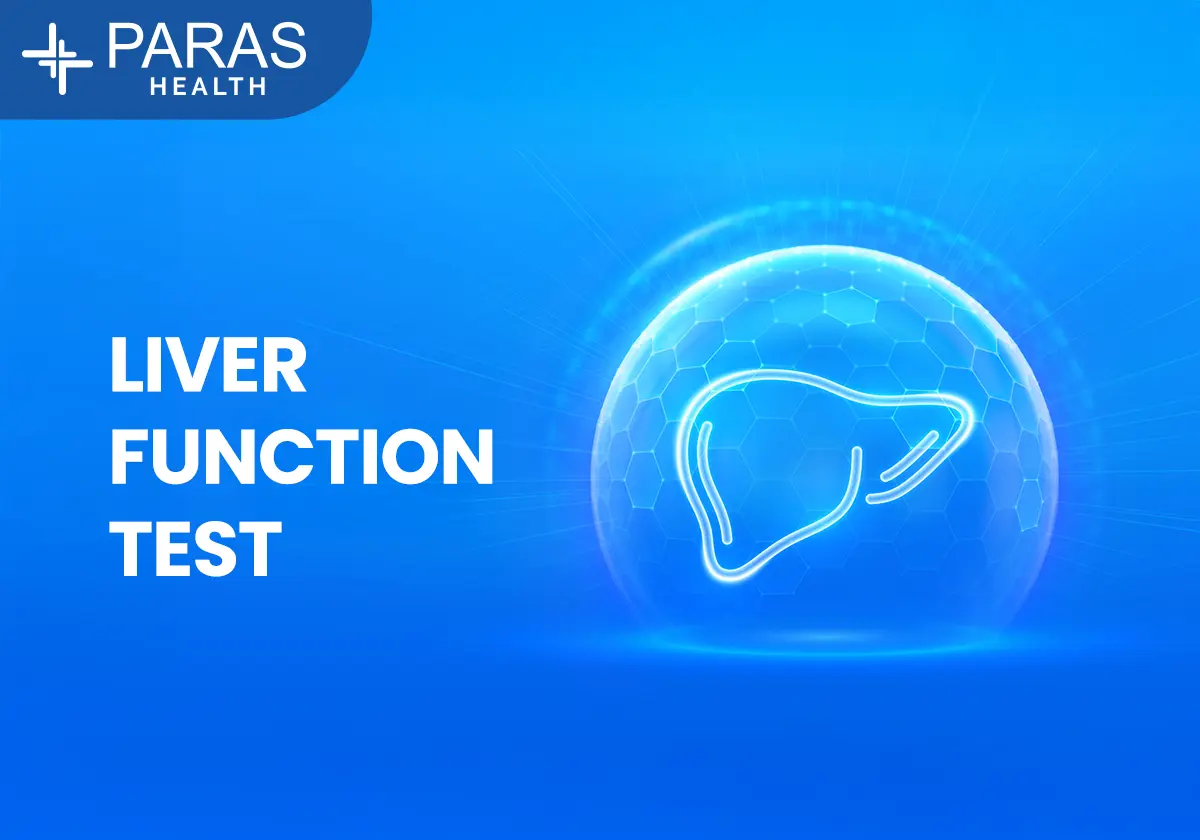
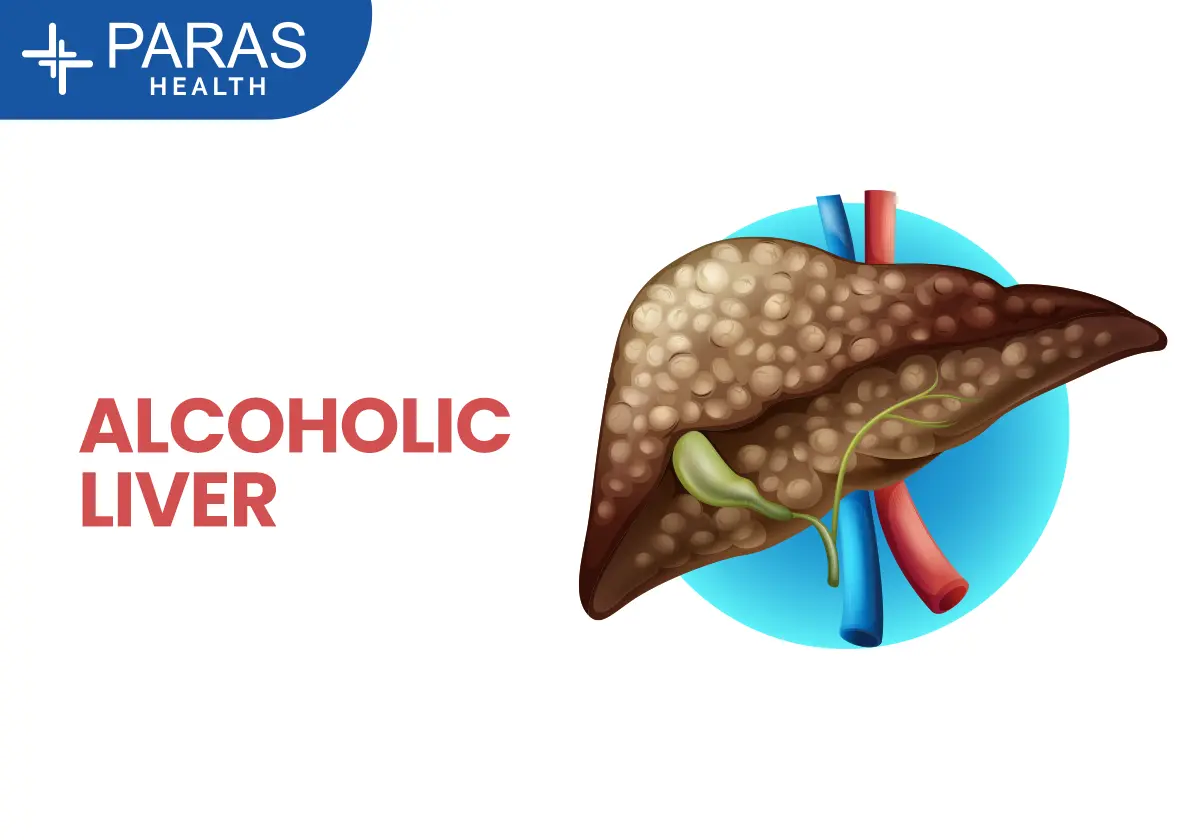
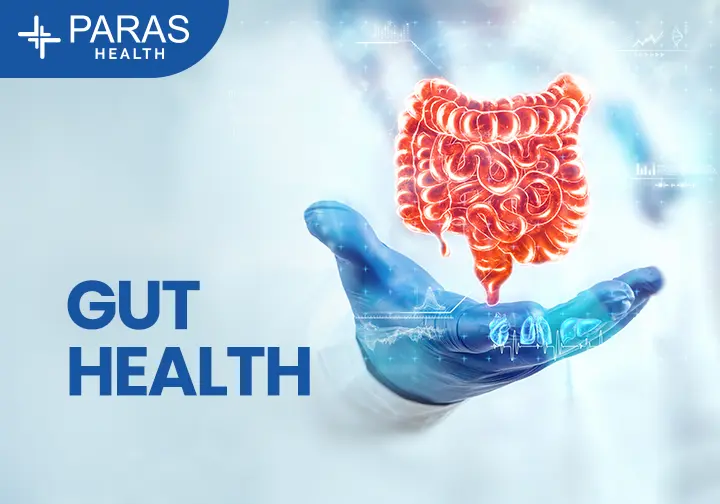
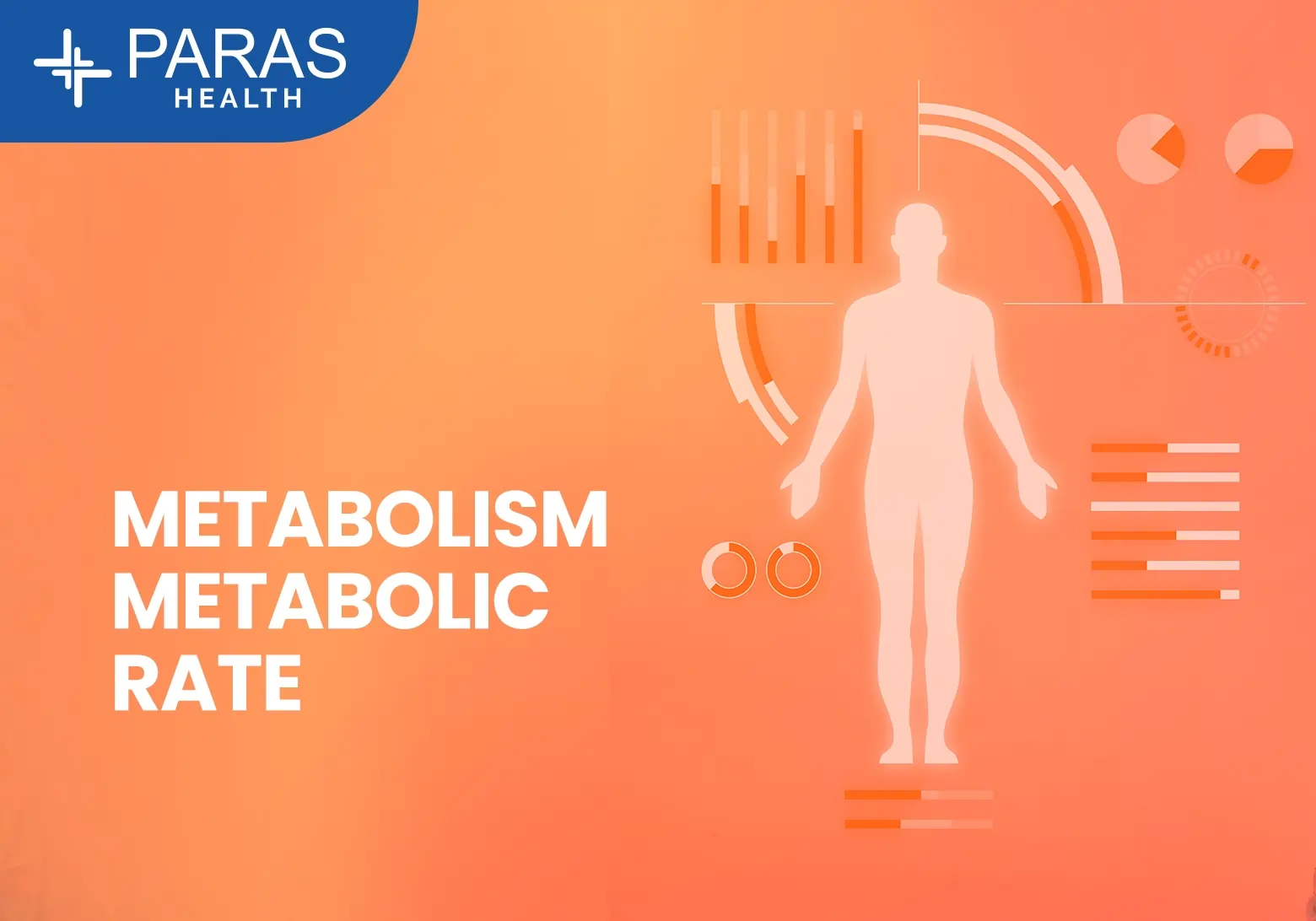
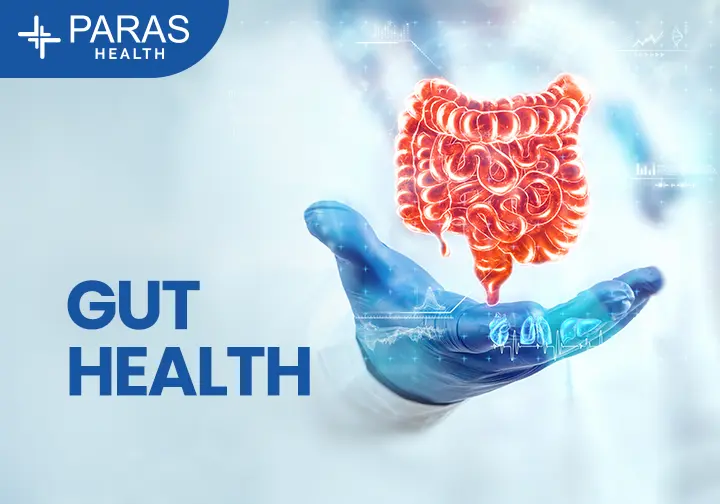
 Infectious Diarrhea Eng.webp)